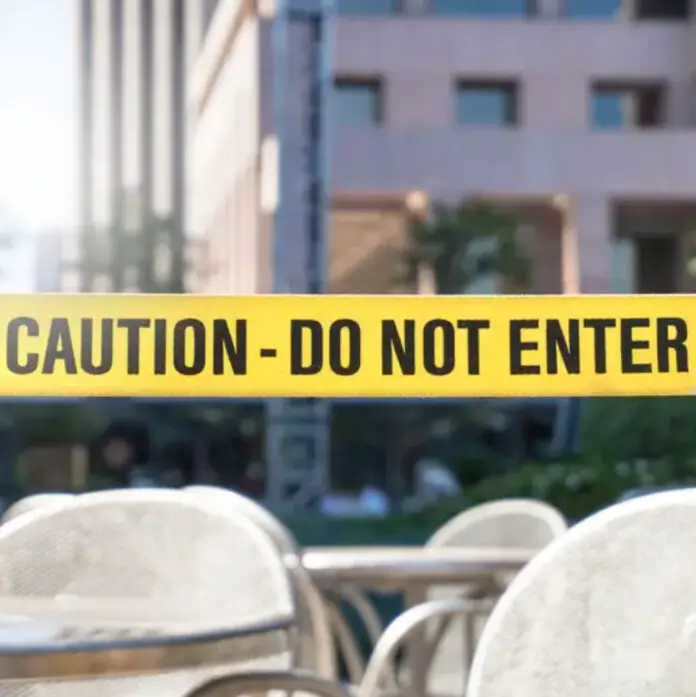In a shocking incident, a former member of Mexico’s Congress, Luis Armando Cordova Diaz, was fatally shot at a Starbucks café, according to El Financiero. The attack occurred on May 13, 2025, in the Valle Real neighborhood of Zapopan, Jalisco, Mexico.
PRI Leader Alejandro Moreno remarked that the execution of the 56-year-old politician in broad daylight underscores the pervasive violence and impunity in Mexico.
Reports indicate that Diaz was at the café with his wife and another individual when two men on a motorcycle shot him multiple times in the head. He had served as both a local and federal deputy for the Institutional Revolutionary Party (PRI).
Footage emerged showing the aftermath of the scene.
The Spanish-language site Latin U.S. reported that the former congressman was also the party secretary and a former mayoral candidate.
In related incidents, José Luis Pereira Robles, a senior official in the Teocaltiche city government in Jalisco state, was killed on April 28 at a seafood restaurant. This occurred in a region where the Jalisco New Generation Cartel, designated a terrorist organization by the U.S. government, operates. The area had seen significant cartel violence, including the kidnapping and dismemberment of police officers in February 2025.
On May 12, 2025, mayoral candidate Yesenia Lara Gutiérrez from the Morena party was shot in Texistepec, Veracruz. The attack, captured during a Facebook livestream of her rally, resulted in the deaths of Gutiérrez and four others. President Claudia Sheinbaum stated that her government is coordinating with Veracruz officials on the investigation.
In 2025, Mexico continues to grapple with a severe crisis of political violence, a trend that started during the 2024 election cycle. The political environment remains hazardous, especially at local levels where criminal organizations exert influence over governmental functions crucial to their operations.
The 2024 elections were the deadliest in Mexico’s recent history, with at least 63 political figures killed between June 2023 and June 2024. During this period, political murders increased, with criminal organizations using assassination to influence election outcomes, mainly targeting local candidates who could interfere with cartel interests.
The political violence from 2024 has persisted into 2025. Mexico remains one of the most dangerous countries for political figures, journalists, and human rights defenders.
The fragmentation of major cartels, particularly between the CJNG (Jalisco New Generation Cartel) and the Sinaloa Cartel, has intensified in 2025. These groups have expanded beyond drug trafficking into other economic activities, increasing their desire to control local government.
Regions like Guanajuato, Michoacán, and Guerrero remain particularly dangerous, with turf wars focused on strategic areas. In these states, political assassinations are used to establish control and influence over local governance.
The ongoing violence poses significant challenges for Mexican democracy. Many potential candidates avoid running for office due to safety concerns, while others campaign with extensive security measures. This environment restricts political participation and undermines the democratic process.
Local elections are especially affected, as mayors control resources and local police forces, making them targets for criminal influence. The systematic targeting of politicians who oppose criminal interests allows organized crime to influence local officials by eliminating opposition.
President Sheinbaum’s administration has inherited complex security challenges. While the government provides security to threatened politicians, these measures’ effectiveness is limited. The persistence of political assassinations highlights the challenges Mexico faces in combatting organized crime’s influence on its democratic institutions.
Mexico’s battle against political violence occurs amidst broader security concerns, including a high rate of disappearances, with over 115,000 people missing as of September 2024. This combination of factors presents significant challenges to the country’s governance and democratic integrity in 2025.

